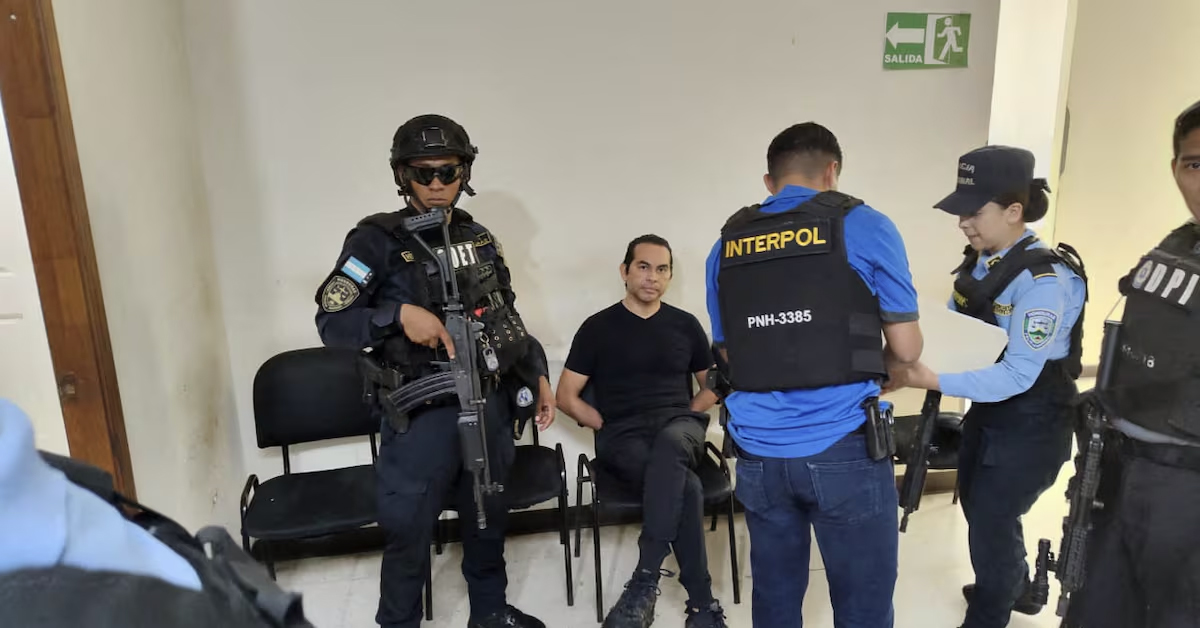In a devastating blow to El Salvador, a military helicopter crash in a rural region has claimed the lives of nine individuals, including high-ranking officials and a fugitive banker, national authorities confirmed. The crash, which occurred Sunday night, is now under active investigation.
Dramatic Capture and Tragic End
The incident unfolded following the apprehension of Manuel Coto, the ex-manager of the COSAVI savings and loan cooperative, who had been a fugitive facing an Interpol arrest warrant.
Captured in Honduras, Coto was involved in a massive embezzlement scandal, accused of diverting over $35 million. Honduran Security Minister Gustavo Sanchez detailed that Coto was arrested while en route to the United States, accompanied by a human trafficker.
El Salvador’s military disclosed via social media that the crash site was near San Eduardo, Pasaquina, La Union. Among the victims was the esteemed director general of the National Civil Police, Mauricio Arriaza Chicas, a pivotal figure in the nation’s stern crackdown on criminal gangs.
A Nation Mourns
El Salvador’s President Nayib Bukele expressed profound grief and determination on X, insisting that the tragedy transcends a mere accident and warrants a thorough international investigation.
“Your legacy will remain forever in our minds, your tireless dedication to the transformation of this country will live in the hearts of thousands of Salvadorans,” Bukele stated.
Honoring Arriaza Chicas’ indelible impact.
Despite the loss, security specialist Luis Contreras remains optimistic about the ongoing war against gangs, noting the potential for capable replacements within the ranks. Contreras emphasized the significant dent made in gang operations, estimating an almost 90% neutralization of their capabilities.

National Homage and Continued Debate
As a mark of respect, Bukele decreed national flags to be flown at half-staff. The directive encompasses all national territories and diplomatic posts worldwide for three days to honor the fallen director, heralded as a “national hero.”
While the crackdown led by Arriaza Chicas and Bukele enjoys substantial public support, it has not been without its detractors. Human rights organizations like Human Rights Watch and Amnesty International have raised alarms over severe human rights violations under the guise of public safety, highlighting systemic issues within the state’s detention practices.

Legacy of Reform and Controversy
Under Bukele’s tenure, the country witnessed its lowest homicide rates in three decades, significantly altering its global perception from one of the most dangerous to one of the safest regions in Latin America. However, the aggressive policies have also led to overcrowded prisons and reports of enforced disappearances, underlining the complex narrative of governance and human rights in modern El Salvador.



